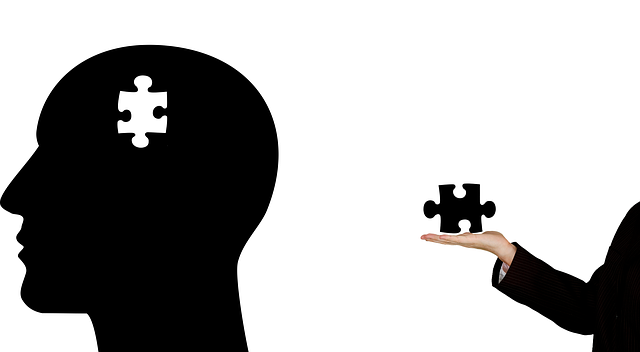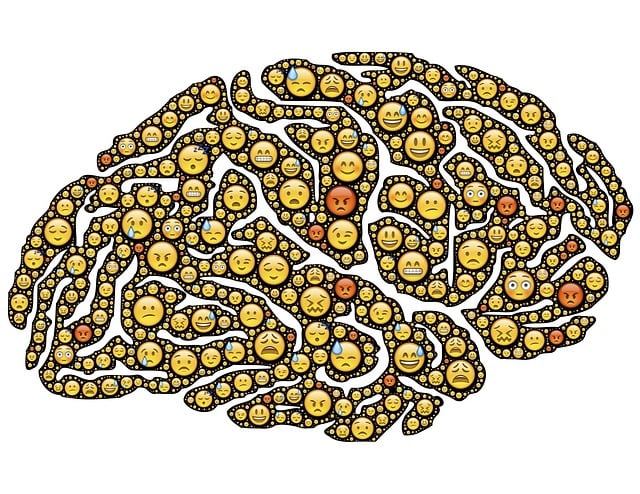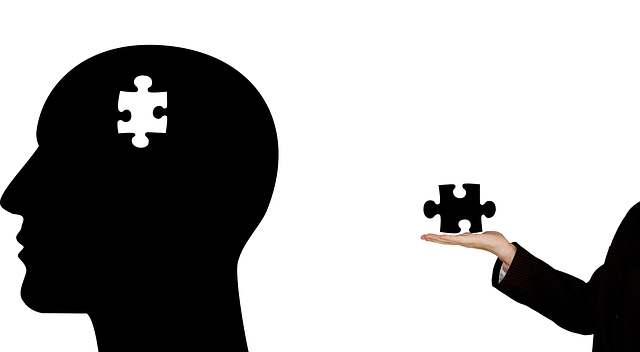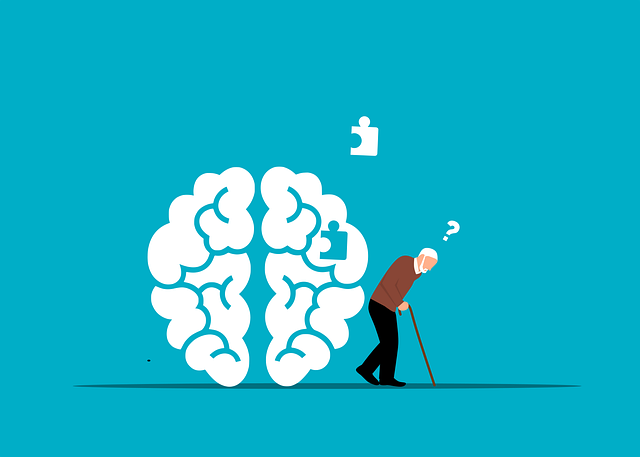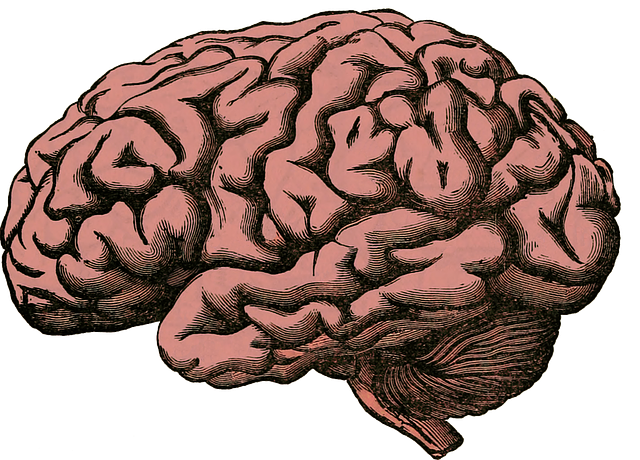The mental health of seniors is significantly impacted by loneliness, isolation, and chronic conditions like arthritis or heart disease. Physical limitations and social withdrawal can lead to anxiety, depression, and cognitive decline. Effective advocacy initiatives raise awareness while mindfulness meditation shows promise in improving resilience. Integrating therapy for elders' chronic pain management with holistic wellness practices empowers them to navigate their mental health journeys, enhancing quality of life. Stigma surrounding mental illness must be overcome through education, with structured programs like mental wellness coaching demonstrating improvements in outcomes and accessibility. Telemedicine, online platforms, and community initiatives also support seniors facing chronic pain and mental health challenges.
Mental health advocacy initiatives play a pivotal role in supporting the elderly population, addressing unique challenges like chronic pain that significantly impact their quality of life. This article delves into understanding the specific mental health struggles faced by the elderly, focusing on the effects of chronic pain. We explore existing programs offering mental health support and highlight innovative strategies to reach isolated individuals. Additionally, we discuss overcoming barriers and measuring success in advocacy initiatives, emphasizing the importance of therapy for elders suffering from chronic pain.
- Understanding the Elderly Population's Mental Health Challenges
- The Impact of Chronic Pain on Elders' Quality of Life
- Existing Advocacy Programs for Mental Health Support
- Innovative Strategies to Reach and Assist Elderly Individuals
- Overcoming Barriers and Measuring Success in Advocacy Initiatives
Understanding the Elderly Population's Mental Health Challenges

The mental health landscape for the elderly population presents unique challenges that often go unnoticed. As our society ages, understanding and addressing these issues have become increasingly vital. Many older adults face a myriad of problems, including loneliness, isolation, and chronic conditions such as arthritis or heart disease, which can significantly impact their psychological well-being. The combination of physical limitations and social withdrawal can lead to heightened anxiety, depression, and even cognitive decline.
Advocacy initiatives should focus on raising public awareness about these challenges. Developing coping skills through programs like mindfulness meditation has shown promise in improving mental resilience among the elderly. By integrating therapy for elders chronic pain management with holistic wellness practices, we can empower this demographic to navigate their mental health journeys more effectively and enhance their overall quality of life.
The Impact of Chronic Pain on Elders' Quality of Life

Chronic pain significantly impacts the quality of life for many elders, leading to a decline in overall well-being and mental health. This persistent condition can make even simple daily tasks challenging and exhausting. The physical strain often translates into emotional distress, isolation, and a decreased sense of independence—all factors that contribute to a diminished mental wellness. Elders suffering from chronic pain may experience anxiety, depression, and frustration, which, if left unaddressed, can escalate into more severe mental illnesses.
Therapy for elders with chronic pain is essential in managing symptoms and improving quality of life. It involves a combination of strategies, including medication management, cognitive-behavioral therapy, and self-care practices tailored to their needs. Mental illness stigma reduction efforts play a crucial role in encouraging open conversations about chronic pain, fostering support networks, and promoting understanding within the community. By integrating these approaches, elders can learn effective coping mechanisms, enhance their mental resilience, and regain control over their lives.
Existing Advocacy Programs for Mental Health Support

In today’s world, mental health advocacy initiatives are crucial in addressing growing concerns about well-being, especially among vulnerable populations. Existing programs focus on various aspects to provide comprehensive support. For instance, many organizations offer therapy for elders suffering from chronic pain, recognizing the unique challenges they face. These interventions not only provide coping skills development but also emphasize self-care routine development, which is essential in preventing burnout and enhancing overall mental resilience.
By targeting specific needs such as chronic pain management, these advocacy programs aim to revolutionize mental health care. They foster a supportive environment, ensuring that individuals, particularly the elderly, have access to resources that promote healing and maintain their emotional balance. Such initiatives underscore the importance of early intervention and continuous support in managing mental health effectively.
Innovative Strategies to Reach and Assist Elderly Individuals

Innovative strategies are essential to reach and support elderly individuals, especially those facing chronic pain and various mental health challenges. As our population ages, it’s crucial to adapt traditional approaches to cater to their unique needs. One effective method is integrating technology with mental health care. For instance, telemedicine can provide remote therapy sessions tailored for elders, making treatment more accessible, especially in rural or underserved areas. Online platforms offering depression prevention programs and guided mindfulness exercises have proven beneficial, allowing seniors to engage in self-care from the comfort of their homes.
Additionally, community-based initiatives focus on fostering social connections and promoting mental wellness through group activities and support networks. Encouraging journaling as a mental wellness exercise has gained traction, providing elders with a creative outlet to express emotions, reflect on life experiences, and develop coping strategies. These innovative approaches, combining digital tools with community engagement, can significantly improve therapy for elders suffering from chronic pain while empowering them to take charge of their mental health using mind over matter principles.
Overcoming Barriers and Measuring Success in Advocacy Initiatives

Overcoming barriers is a pivotal aspect of mental health advocacy initiatives. One significant challenge lies in reaching and engaging vulnerable populations, such as elders suffering from chronic pain. Stigma associated with mental health issues, particularly among older adults, often acts as a roadblock to accessing care. These individuals may feel isolated or embarrassed about their struggles, hindering their willingness to seek support. Advocacy efforts must address these cultural and social barriers through education and awareness campaigns that promote understanding and empathy.
Measuring the success of advocacy initiatives is crucial for driving positive change. By implementing structured programs like mental wellness coaching and risk management planning for professionals, it becomes possible to track improvements in mental health outcomes. Regular assessments can gauge the impact on individuals’ well-being, service accessibility, and burnout prevention among mental health providers. Incorporating feedback from participants and stakeholders ensures that initiatives remain responsive and effective, ultimately enhancing the overall success of mental health advocacy.
Mental health advocacy initiatives play a pivotal role in addressing the unique challenges faced by the elderly population, such as chronic pain and its impact on quality of life. By understanding their specific needs and employing innovative strategies like tailored therapy for elders with chronic pain, we can significantly enhance their well-being. Existing programs provide a solid foundation, but overcoming barriers and measuring success is crucial to ensuring these initiatives reach and assist the most vulnerable individuals effectively. Through sustained efforts and collaborative approaches, we can create a more supportive landscape for the elderly, fostering improved mental health outcomes.



